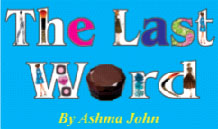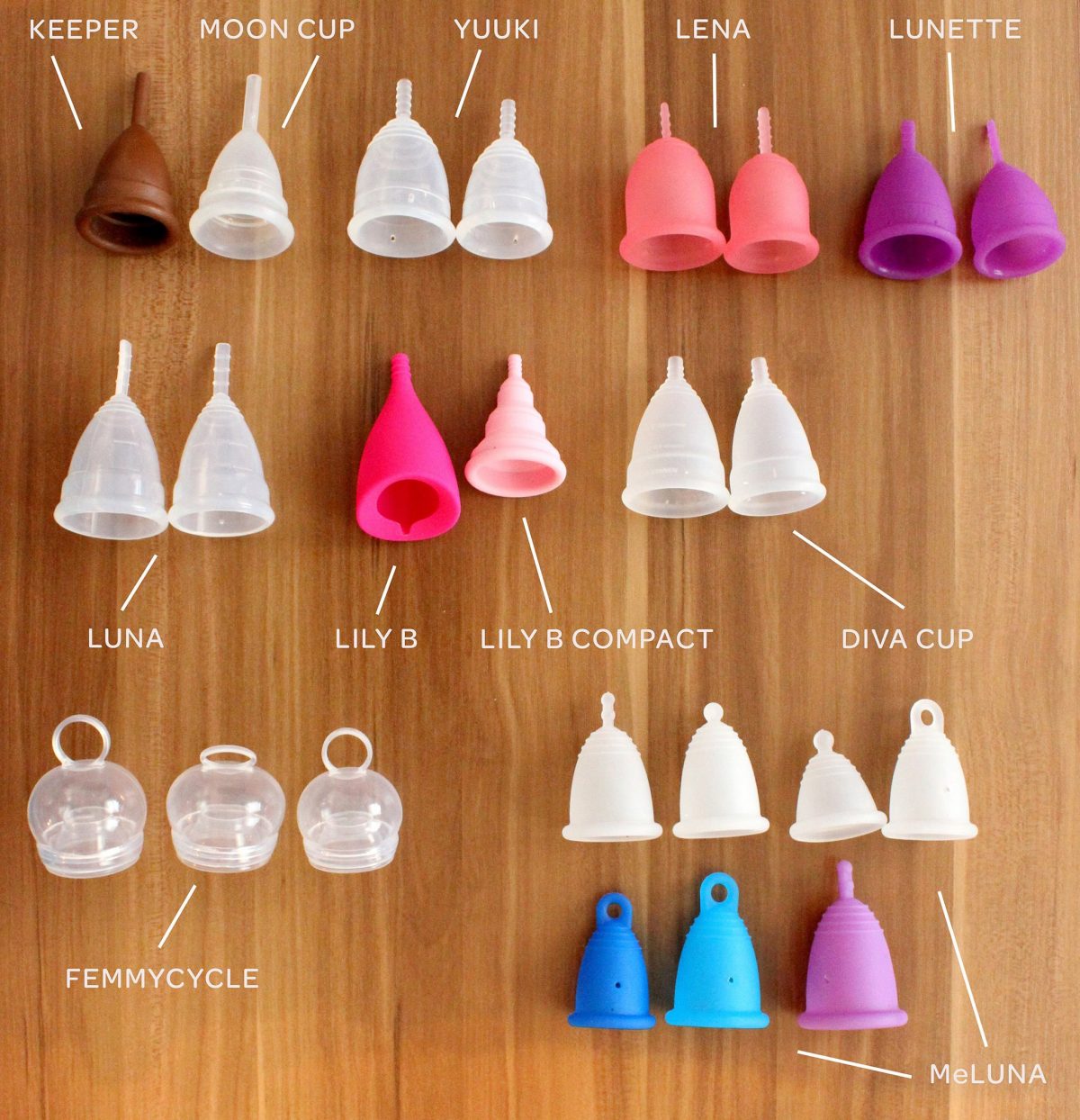 I grew up envious of girls who had periods that lasted three days or less. I thought them to be a special bunch that God favoured as opposed to me. Mine lasted for roughly one week. The pain and misery brought on by women’s menstrual cycle is often deeply misunderstood. Perhaps because open conversations surrounding menstrual health are still seen as taboo or as something that women just have to bear.
I grew up envious of girls who had periods that lasted three days or less. I thought them to be a special bunch that God favoured as opposed to me. Mine lasted for roughly one week. The pain and misery brought on by women’s menstrual cycle is often deeply misunderstood. Perhaps because open conversations surrounding menstrual health are still seen as taboo or as something that women just have to bear.
I don’t remember the conversation explaining what “it” was when it first happened. I don’t even remember how old I was. Perhaps its role and significance got played down due to generational and cultural norms within my family. Stories surrounding periods would pop up occasionally from my elders. My mom would talk about how sanitary pads weren’t so common back in the day and how they would use a cloth napkin for protection. My late godmother would tell me how her mom and female elders warned her sternly after her first period. They claimed that a single touch from a man could get her pregnant because she had started “seeing her health”. I remember her fondly telling me of a tradition they practiced which involved the eating of a boiled egg on the first day of the first period.
None of the stories passed down involved truly understanding the body though. They weren’t filled with gentle coping mechanisms or authentic facts related to women’s health but rather laced with notes of fear and desperation. I suppose in comparison to cramps, mood swings and the general discomfort, there were bigger concerns like not missing a period out of wedlock and ensuring your clothes weren’t soiled with blood as you went about your daily business.
Much of the focus has always been placed on how women could be perceived rather than what they were actually feeling, continuing a long historic trend of not having open conversations about what periods are like for girls. While I do not routinely have cramps, the general discomfort sometimes makes it feel like it is impossible to get anything done.
If my husband ever has the opportunity to leave for a work engagement, he jumps at the first chance. According to him, I turn into a different person. The mere stress of having to monitor how you sneeze so as to not trigger an overflow explosion is taxing. The meticulous planning that goes into organizing your activities so as there are no accidents is tiresome. When this is coupled with exhaustion and pain, how could anyone expect women and girls to just carry on naturally?
While access to different sanitary items have expanded, for many, they still remain a mystery and frightening to use. I, for one, have never used a tampon or period cup in my entire life. I feel I might just make a big mess trying to figure out how they work resulting in an accident.
Showers, candles and chocolate bars are advised, but who honestly has the time to soothe themselves during a busy work day, or while juggling screaming kids?
Periods are hard, inconvenient, messy, expensive, and difficult to manage. While access to sanitary products might be easier today and we have learnt that a single touch doesn’t lead to pregnancy, getting through a period should still be supported and acknowledged whether through additional time off or a non-judgmental acknowledgment of the actual pain and discomfort.








